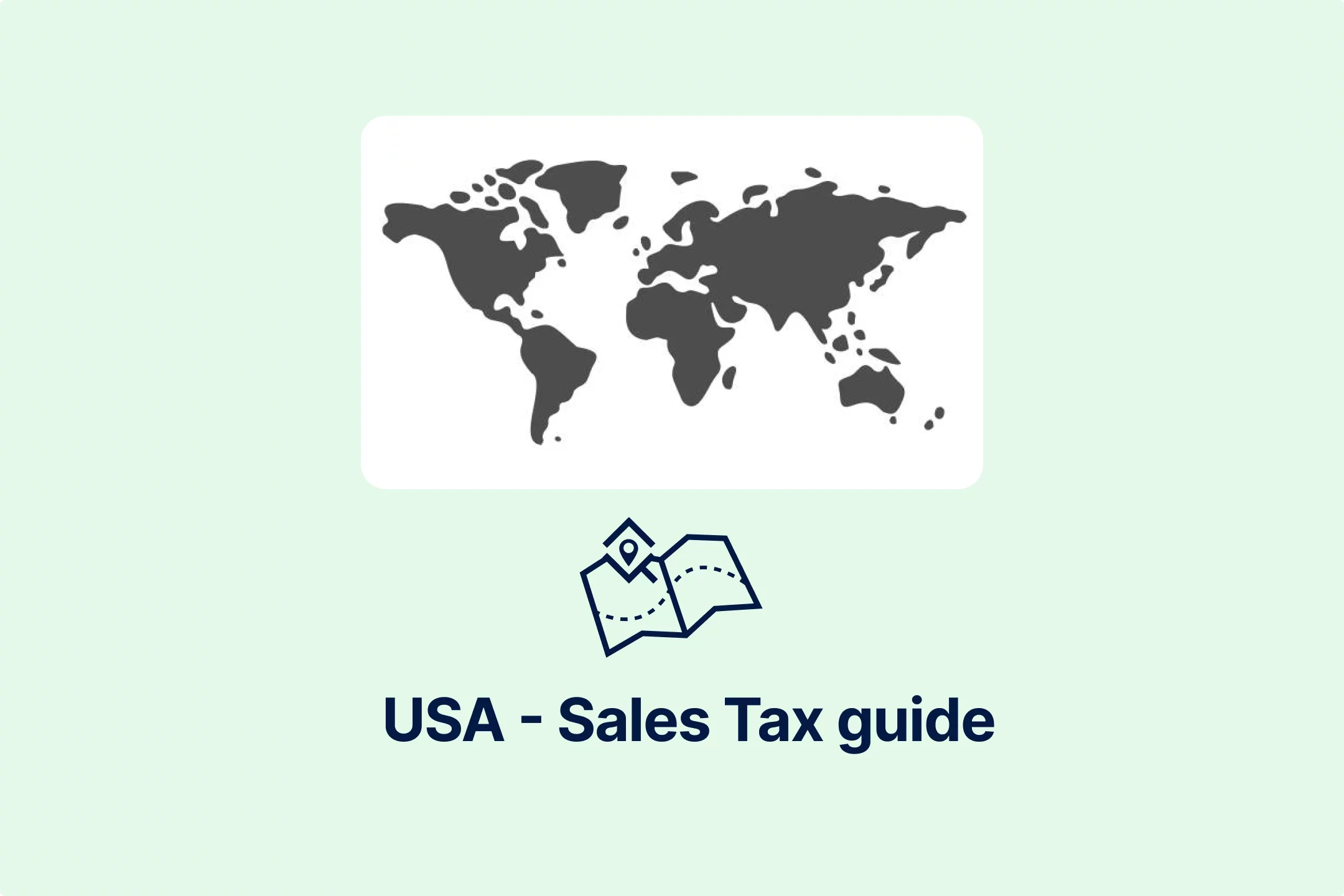Indiana Denies Tax Exemption for Fulfillment Company

In its ruling, listed as Revenue Ruling 2025-04-RST, issued on September 25, 2025, the Indiana Department of Revenue (DOR) addressed an issue of whether the subsidiary’s operations qualified as industrial processing or manufacturing or whether it merely operated as a fulfillment company providing logistics, packaging, and shipping services. The decision directly influences the tax treatment under Indiana’s sales and use tax laws.
Facts of the Case and DORs Decision
The company in question provides services such as supply chain analysis and design, supply chain management, in-plant services, manufacturing services, assembly and packaging, warehousing and order fulfillment, transportation and transportation management, service parts logistics, and reverse logistics. The company argued that it transformed its customers’ products during its operations and therefore should benefit from tax exemptions on non-returnable wrapping materials and machinery and equipment (M&E) used in its services.
In contrast, the DOR concluded that the company’s activities, primarily storing, packaging, and shipping products, do not constitute manufacturing or industrial processing. Consequently, the DOR determined that a subsidiary of a primary logistics provider qualifies as a fulfillment company rather than an industrial processor. As a result, both the non-returnable wrapping materials and the M&E used in the assembly and packaging processes were deemed taxable under Indiana’s sales and use tax laws.
Conclusion
Disputes or differences in the interpretation of sales and use tax rules and regulations between Tax Authorities and taxable persons underscore the importance of considering all the facts before determining the tax treatment.
More specifically, the case reaffirms that, when it comes to sales and use tax, taxable persons must carefully evaluate the nature of their business activities and how those activities relate to taxable or exempt activities. The reasoning and the DORs ruling highlight that fulfillment and logistics operations in Indiana do not qualify for industrial processing exemptions unless they are directly involved in the production of tangible goods.
Source: Deloitte

Featured Insights

Burkina Faso FEC E-Invoicing Mandatory July 2026
🕝 February 24, 2026More News from United States
Get real-time updates and developments from around the world, keeping you informed and prepared.
-e9lcpxl5nq.webp)







-fd4vrjrcmo.webp)











-qoqtiao7l2.webp)





-o0xyg5unvs.webp)










-sug7vykj81.webp)
















-pofe7ucwz3.webp)









-de8hdb1bn3.webp)








-xbhr0m4jsb.webp)


-ae6fi6cjox.webp)














-b0fpsws1w1.webp)





















-x78wuofpzj.webp)
















-b44f1vjl1i.webp)

-priw8nq5xc.webp)


.png)

.png)






























